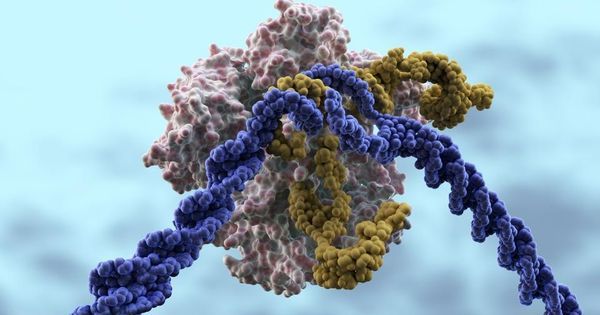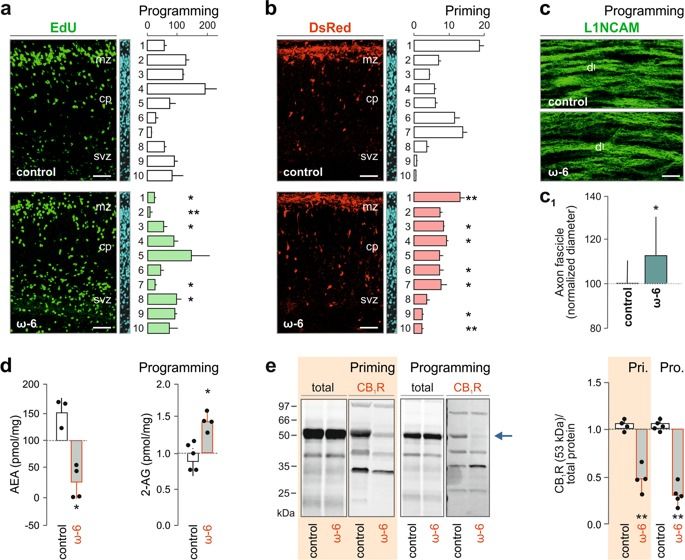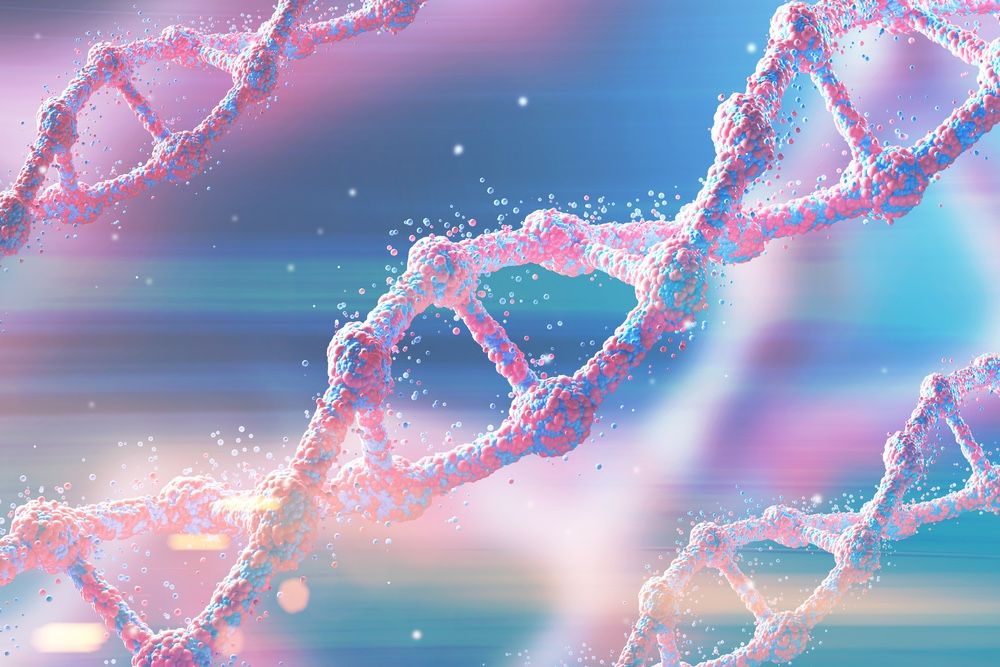Nov 21, 2019
Dr. Duncan Ross presentation on Exosomes and Bill Faloon Age Reversal Update
Posted by Paul Battista in categories: cryonics, education, genetics, life extension, singularity
We will have a fresh new presentation on Exosomes “The End of Aging” by Harvard Genetics Genius Dr. Duncan Ross, the Founder of Kimera Labs. And Bill Faloon will present the latest in Age Reversal research.
Visit The Church of Perpetual Life this Thursday, November 21st at 7:00 PM.
Our Doors open at 6:00 PM
Before the service: Enjoy tasty snacks, networking and conversations on Age Reversal, Cryonics, The Singularity and other topics of interest to all for the quest of an Unlimited Life. Stay afterwards as we have a delicious 5 star dinner reception with speakers.
Continue reading “Dr. Duncan Ross presentation on Exosomes and Bill Faloon Age Reversal Update” »

















